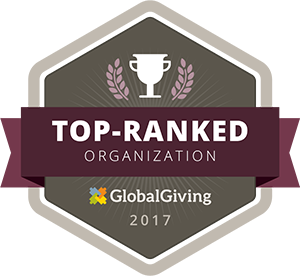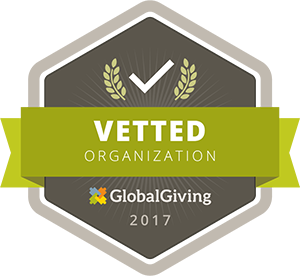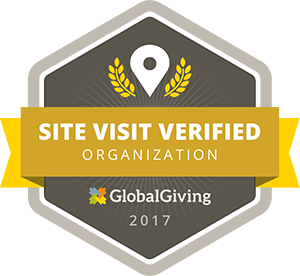Sexual Exploitation
Research conducted by Robin Spencer, 2009
The children and women of the Rwanda have witnessed the worst effects of the Rwandan genocide. The genocide did not just take the 800,000+ who were murdered; it also wiped out many reliable support groups: family networks, judicial structures, and education systems.1 As a result, the genocide survivors, including 613,000 orphans had no protection from continued violations, abuse, and exploitation.2 Today, Orphans of Rwanda, Inc. estimates that Rwanda has 42,000 child-headed households, one of the largest numbers in the world.3 For young girls who head 75% of these households, the lack of reliable support systems is particularly relevant; without financial security, adequate skills or education, the young girls and women are the most vulnerable to being coerced into sex work.4
Take the example of Maria Goretti Mukanzigiye. As a genocide orphan and head of household for three younger brothers, Maria was approached to become a commercial sex worker during adolescence. She refused, even while struggling to put her brothers through school and make ends meet. As Maria recognized after her close encounter with prostitution, a lack of education and marketable skills are at the root of most vulnerable youths' decisions to turn to commercial sex work and violence.
In response to her own traumatic experience and the experience of many young orphans, Maria, with training and a small grant from Global Grassroots, has established an alternative school for orphans, youth prostitutes and street children. The Christian Initiative of Education for Sustainable Peace and Development (CIESPD) Vocational Training School offers programs in both trauma healing and vocational skills to equip students with tools to find new jobs. The school also coaches the graduates to obtain professional internships and start their own businesses. In its first nine months of operations, CIESPD trained 240 youth in marketable skills such as cooking and hairdressing, as well as literacy and accounting.
The United Nations reports that Rwanda is a source of sex trafficking: sex trafficking networks operate in secondary schools, older females offer to take care of orphan girls, but then force them into prostitution to pay for their keep, and commercial sex trafficking shuttles young Rwandan girls to neighboring countries.5 Although the Rwandan government is working to prosecute traffickers, protect exploited victims, and prevent further exploitation, implementing legal codes do not address all components of the cycle.6
As girls grow into womanhood they continue to face sexual violence and exploitation, and many are pushed to the fringes of society and sometimes even rejected by their families. For some young girls and women, the absence of security and support from the community makes prostitution seem like the only means of survival.
Furthermore, there is increasing evidence that in addition to the sex work industry, women's bodies are also exploited in exchange for basic necessities. The United Nations reports that there is growing evidence that young Rwandan girls and women are being forced to perform sexual favors in exchange for money, basic supplies or protection. Global Grassroots participants tell of women being exploited for rent, access to water, and good grades in school. Although there is little reported data on this form of exploitation, many Rwandan communities identify limited access to water as not only a critical health issue, but also a trigger for sexual exploitation against vulnerable women in the community.
Residents of Nyarugenge live atop a steep hillside where there is no public access to water. As a result, the residents, mainly women and girls, must walk over an hour only to find dirty water to bring home. The limited access not only increases the level of disease in the area, it also increases the risk of HIV/AIDS transmission due to sexual exploitation that occurs in exchange for water delivery. In response to this issue, a group of Global Grassroots graduates launched project Have a Good Life to fight violence and the exploitation of women by installing a pipeline and access point for obtaining clean water directly in their community. Now, over 200 families have access to clean, safe water, including the community's most vulnerable women.
By addressing the causes of vulnerability that fuel sexual exploitation, CIESPD and the Have a Good Life team are advancing effective solutions that operate at the root level of these critical issues facing women and girls.
1"Orphan Crisis." Orphans of Rwanda. 2008. Web. 28 July 2009.
2Ibid.
3Ibid.
4"Children of Conflict: Child-headed Households." BBC World Service. Web. 28 July 2009.
5"Trafficking in Persons Report 2009 - Rwanda."The UN Refugee Agency. United States Department of State. 16 Jun 2009. Web. 31 July 2009.
6Ibid.
Global Grassroots
1950 Lafayette Road
Suite 200, Box 1
Portsmouth, NH 03801 USA
Tel (+1) 603.787.5759
info@globalgrassroots.org
© 2023 Global Grassroots 501(c)(3) Non-Profit







Contact Us